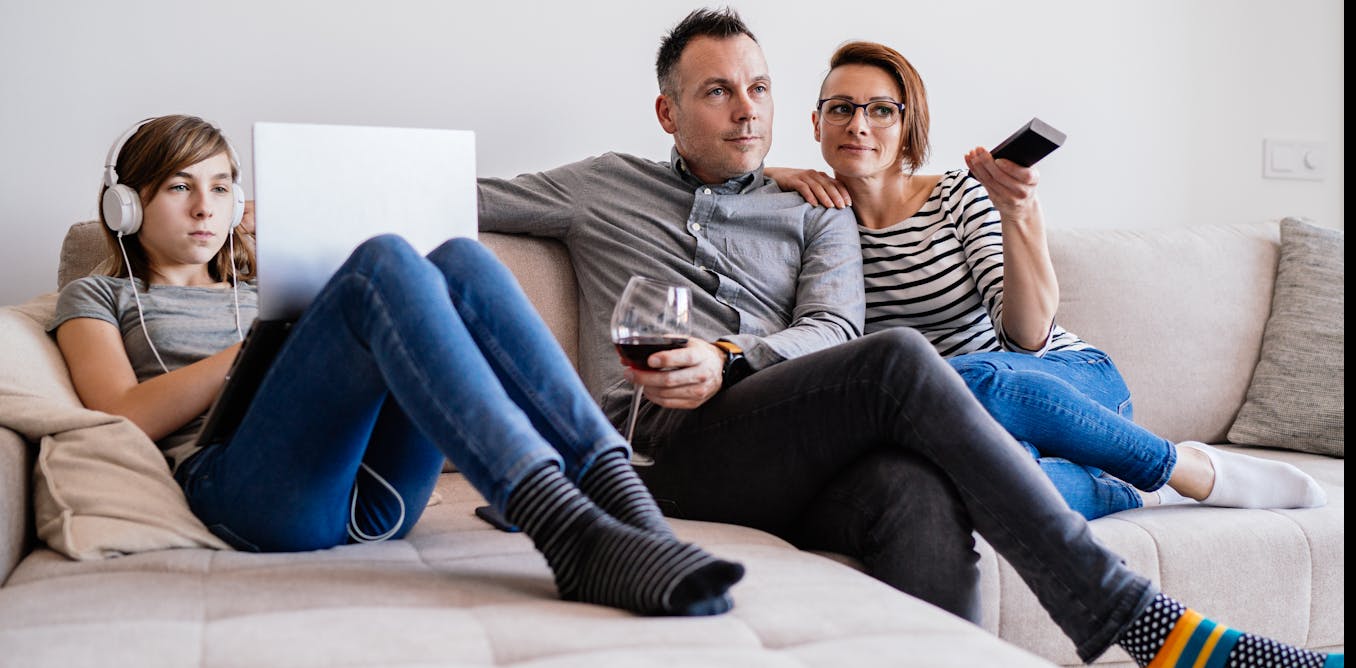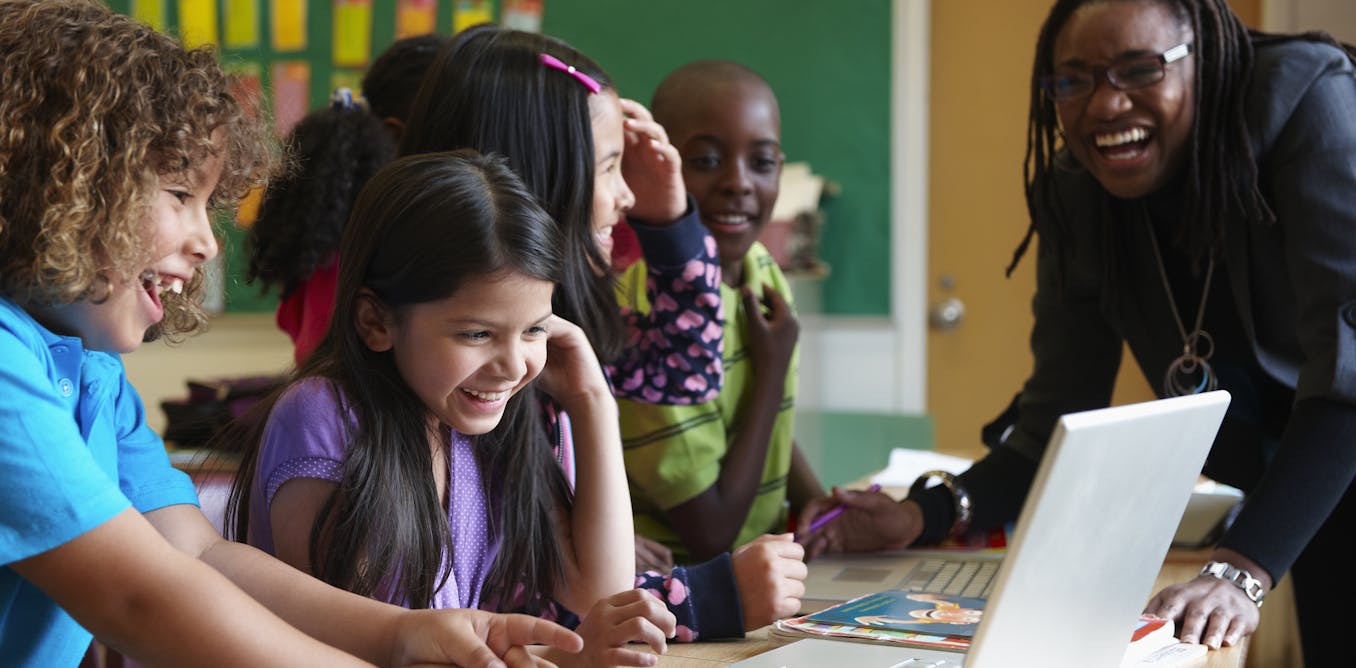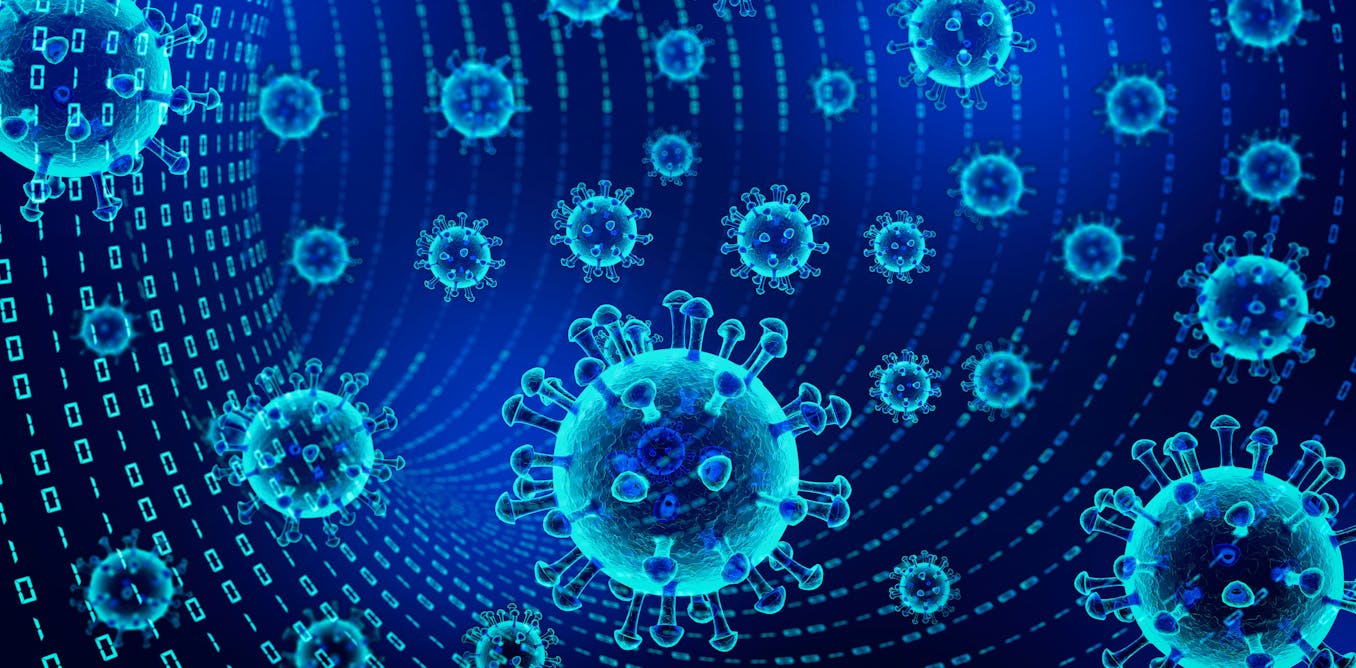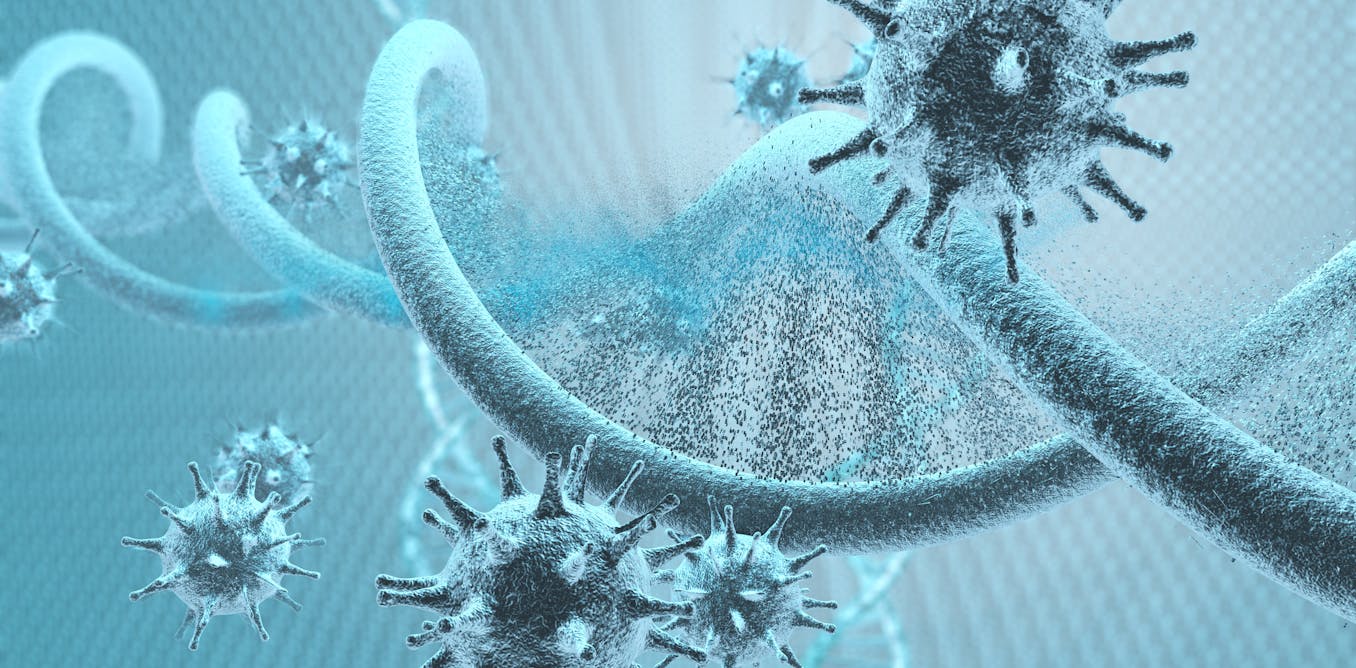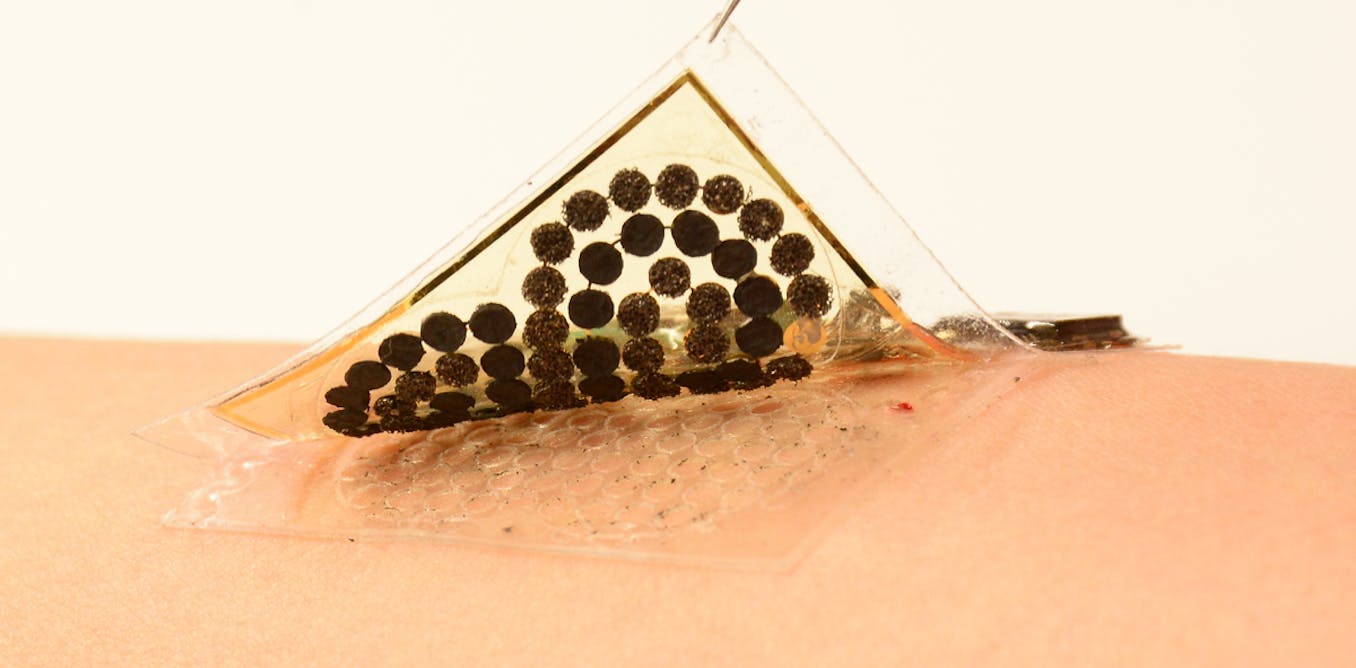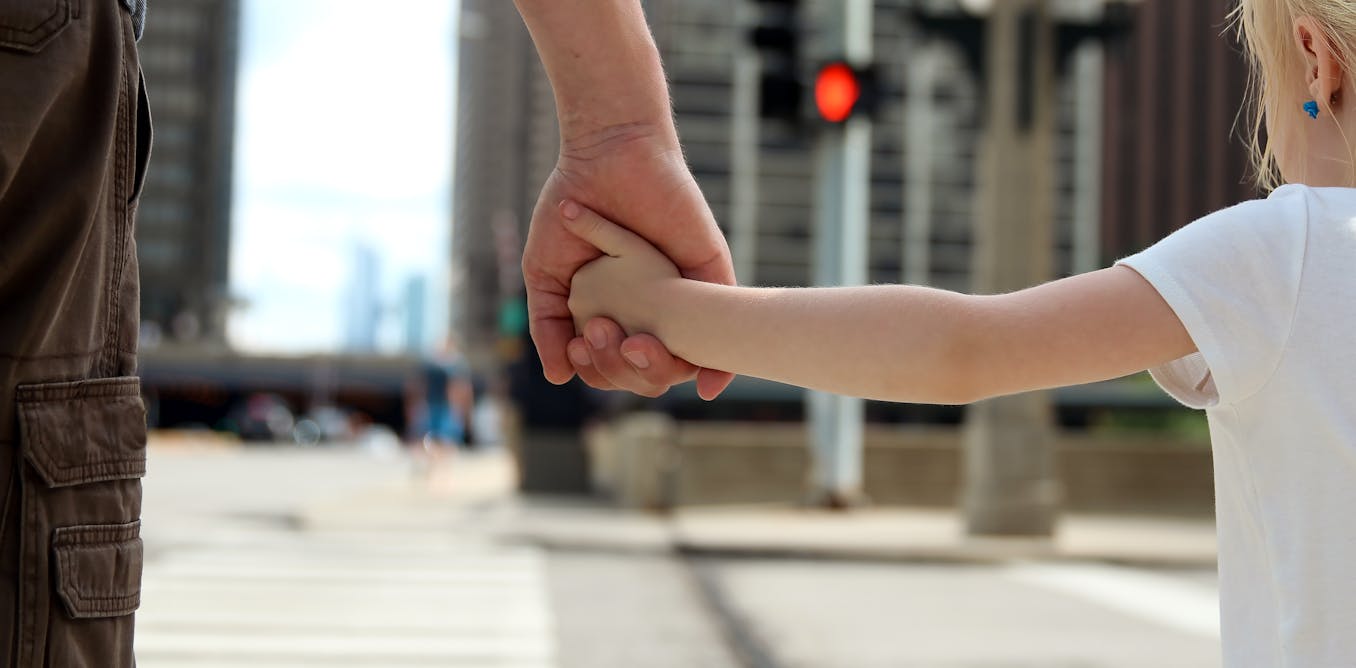Parents with children forced to do school at home are drinking more
The stress of having children do distance learning at home during the pandemic is linked to an increase in alcohol consumption among parents, a new survey finds.
July 29, 2020 • ~6 min

